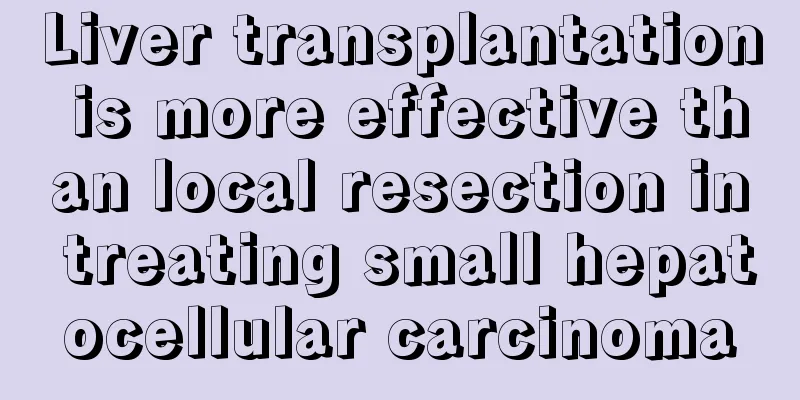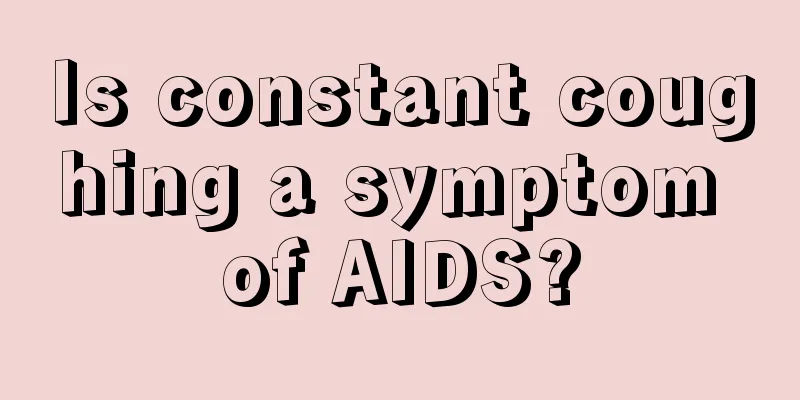Liver transplantation is more effective than local resection in treating small hepatocellular carcinoma

|
Clinically, liver cancer with a tumor diameter of ≤3cm is called small liver cancer, and its treatment is mainly a combination of surgical resection, local treatment and liver transplantation. In addition, liver transplantation is also one of the effective ways to treat liver cancer, and in terms of treatment effect, liver transplantation is better than local resection in treating small liver cancer. First of all, it is certain that surgical resection is still an important part of the treatment of small liver cancer and an important way for patients to achieve long-term survival. According to clinical statistics, the 5-year productivity of patients with small liver cancer after local resection can reach more than 50%. In comparison, liver transplantation for small liver cancer can achieve similar results to benign diseases, with a 5-year survival rate of about 80%, which is significantly higher than local resection. This is because: 1. After local resection, some cancer cells may remain, and these cancer cells may cause tumor recurrence at any time; liver transplantation is to remove the entire diseased liver, eliminating possible residual cancer to the greatest extent, thereby effectively improving the long-term survival rate. 2. The occurrence of liver cancer is closely related to the hepatitis B virus. For example, about 85% of liver cancer patients in my country have liver cirrhosis. Even if the existing lesions are removed, the remaining liver parenchyma is still cirrhotic liver parenchyma and tumors can recur. Liver transplantation not only removes the original diseased liver with hepatitis B as the basis, but also can provide relevant treatment for hepatitis B. Most patients can turn negative for hepatitis B after liver transplantation. 3. Liver cancer has the biological characteristic of intrahepatic metastasis. Local resection cannot eliminate potential intrahepatic metastatic lesions, which can not only continue to grow but also proliferate. Liver transplantation removes the entire diseased liver, completely eliminating potential metastasis and thus destroying the potential base of liver cancer cells. |
<<: Gastric cancer surgery should strive for standardization
>>: Why is mantle cell lymphoma easily misdiagnosed
Recommend
Can Chinese medicine cure stomach cancer?
Once gastric cancer is diagnosed, it is recommend...
What are the symptoms and dangers of jaundice in adults?
Most people think that jaundice is a common disea...
What is sleep apnea?
Normally, people have even breathing during sleep...
Symptoms of pituitary tumor
Nowadays, the symptoms of pituitary tumors mainly...
Causes of teratoma
Teratoma is a common germ cell tumor that origina...
What is the main cause of liver cancer
Common causes of liver cancer include viral hepat...
Chinese patent medicine for regulating autonomic nerves
The main reason for regulating the autonomic nerv...
What are the characteristics of tongue cancer ulcers?
What are the characteristics of tongue cancer ulc...
What to do if you have mild gas poisoning
In life, people will inevitably encounter some si...
How to use sunscreen to achieve good sun protection effect
As we all know, the ultraviolet rays in the sun c...
Can crabs and hairtail be eaten together
As a delicious seafood, crabs are welcomed by man...
Is it effective to dry the quilt for an hour
It is a good habit to frequently dry quilts in th...
Is stage II nasopharyngeal carcinoma contagious?
Nasopharyngeal cancer is hidden deep in the nasop...
What does it mean when a test tube baby enters a cycle
In vitro fertilization is a method of fertilizati...
What are the symptoms of liver fluke infection?
Being infected with parasites is something that a...









